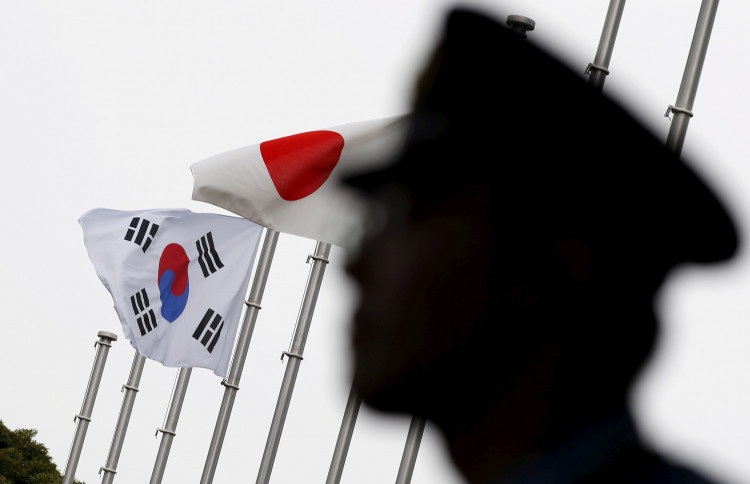Amid deteriorating relations between South Korea and Japan, a number of South Korean tourists canceled their trip or changed their itinerary.
According to the survey on 'South Koreans' Intention to Trip to Japan After Japan's Export Control' conducted by Korea Culture & Tourism Institute, 69.3% of South Koreans who initially planned the trip either canceled it or switched to the domestic tour.
Most South Koreans who canceled the trip selected the reason, "Straining relationship between the neighboring countries", which accounted for 93.2%. The age groups in the forties, fifties and older had a higher rate of canceling the trip to Japan.
And 43.8% of South Koreans who canceled or changed the trip to Japan switched their itinerary to the domestic tour. They chose to travel to Jeju Island (31.5%), Kang Won(20.4%) and Busan(16.7%).
39.2% of them changed their trip plan to travel overseas that include Vietnam (29.0%), Taiwan (17.9%) and Hong Kong(17.2%).
Japan's exports control discouraged South Koreans to favor Japan as their touristic destination.
The public's intention to travel to Japan decreased from 60.4% to 11.5% before export restrictions, and the favour fell from 28.7% to 7.6%.
If the relationship with Japan recovers in the future, the proportion of those who are willing to travel to Japan was 36.1%.
In addition, about 7 out of 10 people agree on the restraint in traveling to Japan during the time of two countries' dispute.
The Korea Culture & Tourism Institute said, "Considering the fact that favorability is an important factor in selecting overseas travel destinations, it is analyzed that the export control issue decreased attractiveness and caused negative intention towards Japan."
It is estimated that 74.6% of South Koreans who plan to travel before the Chuseok holiday plan to travel in Korea.
Their favored domestic destinations were Gangwon(21.0%), Jejoo(17.4%) and Busan(14.4%).
The official from The Korea Culture & Tourism Institute said, "43.8% of tourism demand is diverting into the domestic cities, as the atmosphere of restraint to travel to Japan was created by Japanese export control issue." "Considering that the main factors that people consider Japan as a travel destination are accessibility, attractiveness, price competitiveness, and various tourism contents, it is necessary to discover policies to enhance the attractiveness of domestic tourism," added he.






